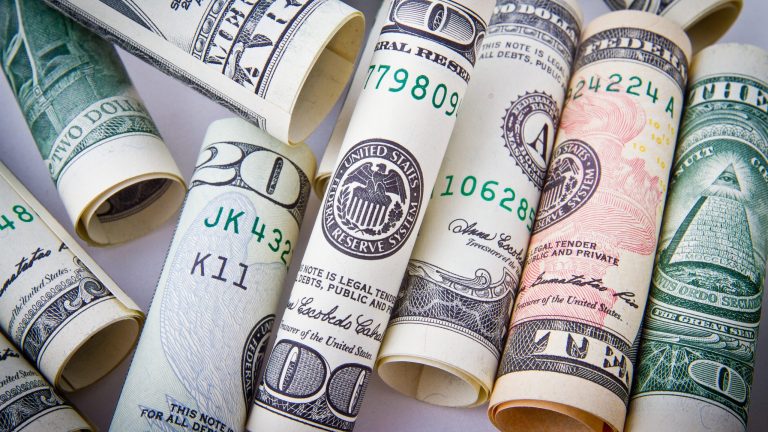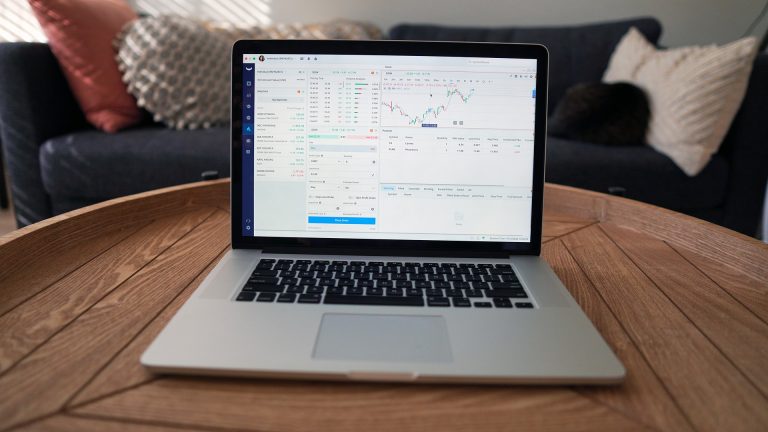The GDP, or Gross Domestic Product, rates a country’s economic activity. It is calculated by adding up the value of all the goods and services produced in a country during a specific period.
GDP effect on local currencies
When the GDP grows, it usually means that the economy is doing well. It can lead to an increase in the value of the local currency. Conversely, when the GDP decreases, it can signal that the economy is doing poorly, and this can cause the value of the local currency to decline.
When a country’s economy is strong, investors are more likely to invest in that country’s assets (such as stocks and bonds), which can drive up the value of the local currency. Conversely, when a country’s economy is weak, investors are more likely to sell their assets, leading to a decline in the local currency’s value.
So, while the GDP is not the only factor that affects a currency’s value, it is one of the most critical indicators of a country’s economic health and can be a vital determinant of a currency’s strength or weakness.
Therefore, by doing research in the following areas, you will know if a country has a strong currency and whether it is worth investing in.
What constitutes a good GDP?
A good GDP is usually one that is growing steadily. It indicates that the economy is doing well and that the country is headed in the right direction. A good GDP can also be increased, showing that the economy is expanding rapidly and has potential for future growth.
On the other hand, a lousy GDP is declining or growing slowly. A lousy GDP usually means that the economy is not doing well and that there are not many growth opportunities.
A “good” GDP growth rate is often 2-3%. This is just a general guideline, and each country’s economy is different. A country with a large population may need to grow faster than a smaller country to keep up with the needs of its citizens.
What are some effects of a strong currency?
A strong currency has several benefits:
- It makes imported goods and services cheaper for consumers. It can lead to increased demand for these products and help boost the economy.
- A strong currency can attract foreign investment as investors seek out assets that hold their value over time. It can help to create jobs and spur economic growth.
- A strong currency can also increase the purchasing power of citizens, giving them more buying power abroad.
What are some effects of a weak currency?
On the other hand, a weak currency can have several adverse effects:
- It can make imported goods and services more expensive for consumers. It can lead to decreased demand for these products and hurt the economy.
- A weak currency can discourage foreign investment as investors seek out assets elsewhere to hold their value. It can lead to job losses and economic stagnation.
How can a country improve its GDP?
One way is to encourage more investment, either from foreign investors or domestic businesses. Another way is to promote economic growth through fiscal and monetary policy. A country can also boost productivity by investing in education and infrastructure.
No single solution will solely work for every country, but each of these methods can help to improve the GDP and the overall health of the economy.
What country can be a guide to a strong currency?
The Swiss franc is a very stable currency. The Swiss franc has been one of the world’s most stable currencies for several years, and it has outperformed others in recent years.
A country can improve its GDP by increasing the value of its exports. They can do it by making it easier for businesses to export their products and services, providing financial assistance to exporters, or promoting the country’s products and services abroad.




